Every cancer patient deserves the best care possible. There isn’t a provider on the planet who disagrees with that. For many cancer centers and health systems, the best means putting together an all-star team capable of meeting the full needs of the patient, including “financial, psychological, social, logistical or related to communication.” That is why no oncology team is complete without an Oncology Nurse Navigator.
An Oncology Nurse Navigator is a clinically trained individual (typically a professional RN with oncology-specific clinical knowledge) who offers individualized assistance to patients and caregivers to help address barriers to timely and appropriate cancer treatment. They advocate for their patients throughout the cancer care continuum from diagnosis through survivorship and coordinate all components involved in cancer care, including surgical, medical, and radiation oncologists; social workers; patient education; community support; financial and insurance assistance; etc. They perform a vital role on the patient’s cancer care team.
Bringing on an Oncology Nurse Navigator is the first step. Equipping them with the best tools available is the second. That is why so many providers turn to Bag It Cancer. Oncology Nurse Navigators can assist patients with various issues beyond healthcare; comprehensive patient education tools like Bag It matter a lot in these situations. By providing a Bag It Bag, an Oncology Nurse Navigator can also help a patient learn to advocate for themselves and introduce them to reliable information that can often be difficult to find.

![]() In this article by Loni Nannini to the Arizona Daily Star, we learn how the Bag It Bag has helped 90,000+ cancer patients and how it will be showcased at the Bag It for Cancer Breakfast at 7:30 a.m. on Thursday, November 17, at the Community Foundation for Southern Arizona Campus, 5049 E. Broadway. Read the Article. OR Learn More About the Breakfast.
In this article by Loni Nannini to the Arizona Daily Star, we learn how the Bag It Bag has helped 90,000+ cancer patients and how it will be showcased at the Bag It for Cancer Breakfast at 7:30 a.m. on Thursday, November 17, at the Community Foundation for Southern Arizona Campus, 5049 E. Broadway. Read the Article. OR Learn More About the Breakfast.
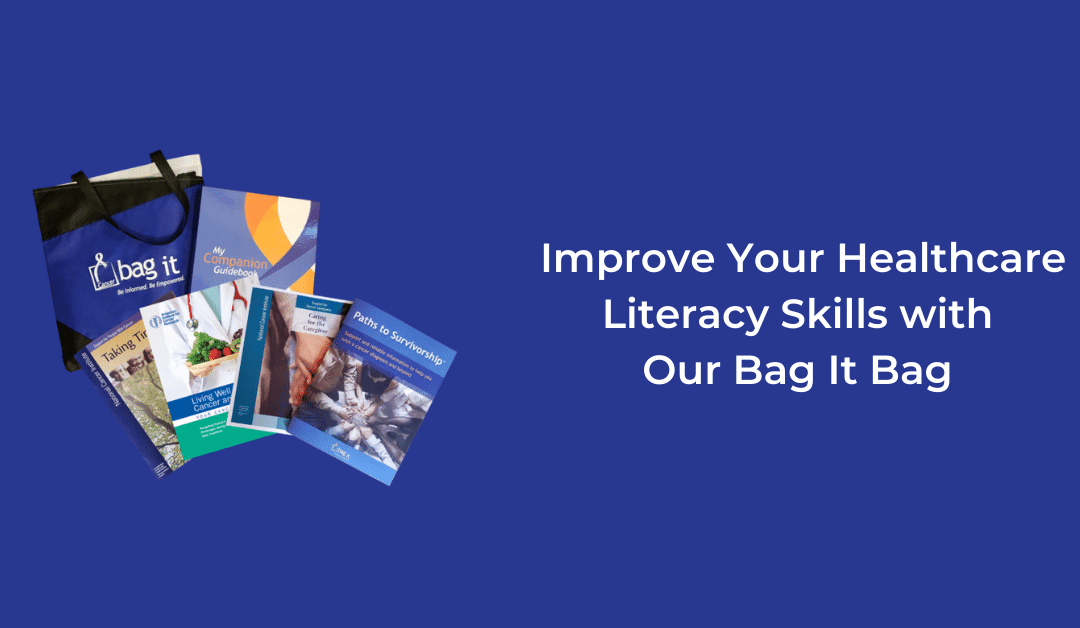
 October is Health Literacy Month. A study by Health & Human Services Office of the Surgeon General showed that only about 12% of Americans have proficient health literacy skills. Unfortunately, many adults lack good knowledge about their medical condition and treatment, and don’t know how to get information that is presented in a way they can understand. People report having difficulty completing medical forms and relaying important details to their doctor about their health. They may not be able to accurately read directions to take their medicines as prescribed. Each of these common situations can be linked to poor health outcomes.
October is Health Literacy Month. A study by Health & Human Services Office of the Surgeon General showed that only about 12% of Americans have proficient health literacy skills. Unfortunately, many adults lack good knowledge about their medical condition and treatment, and don’t know how to get information that is presented in a way they can understand. People report having difficulty completing medical forms and relaying important details to their doctor about their health. They may not be able to accurately read directions to take their medicines as prescribed. Each of these common situations can be linked to poor health outcomes.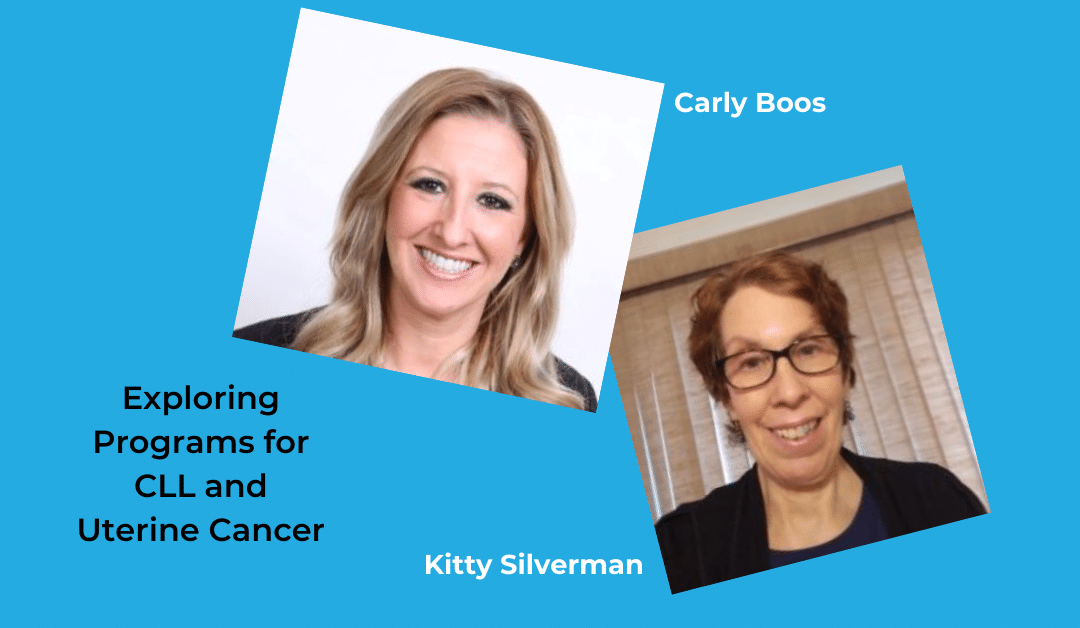
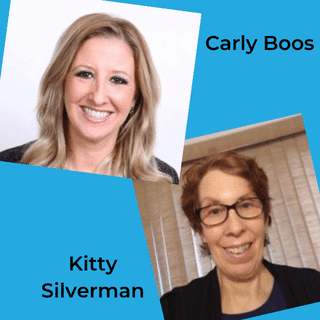
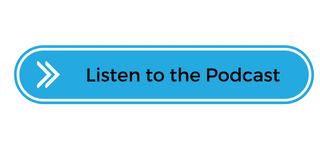
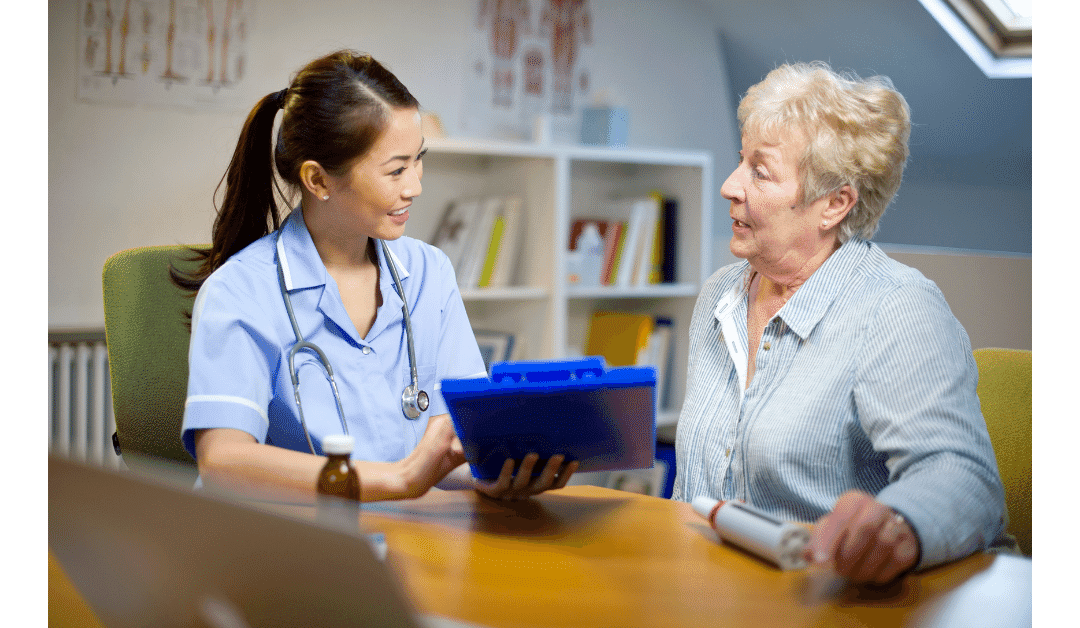
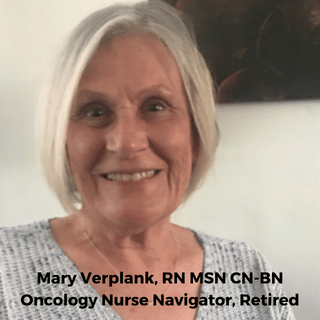
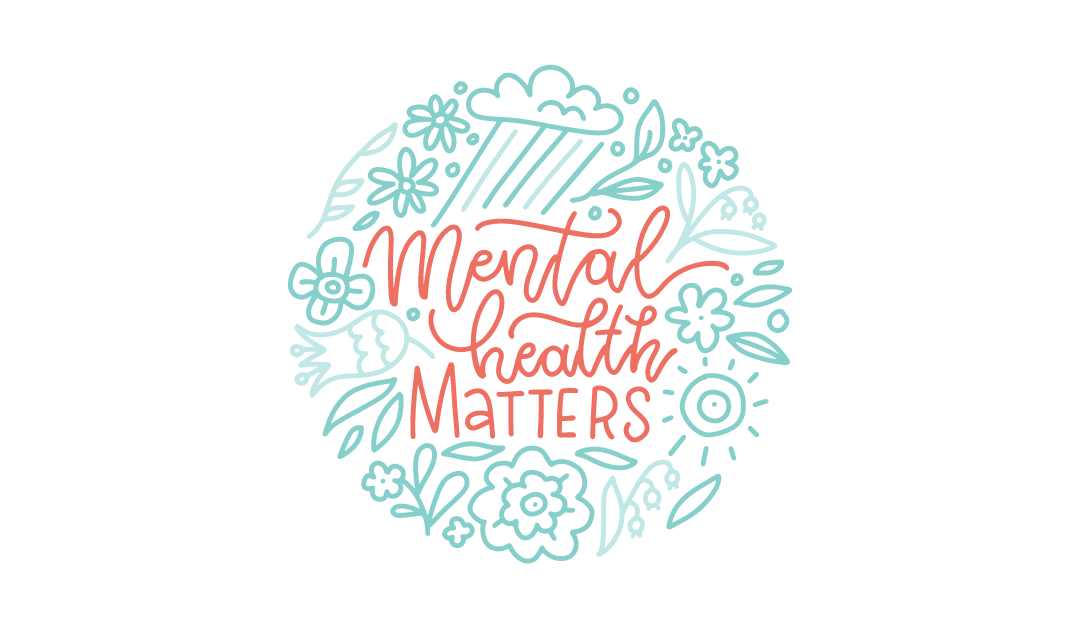






Recent Comments